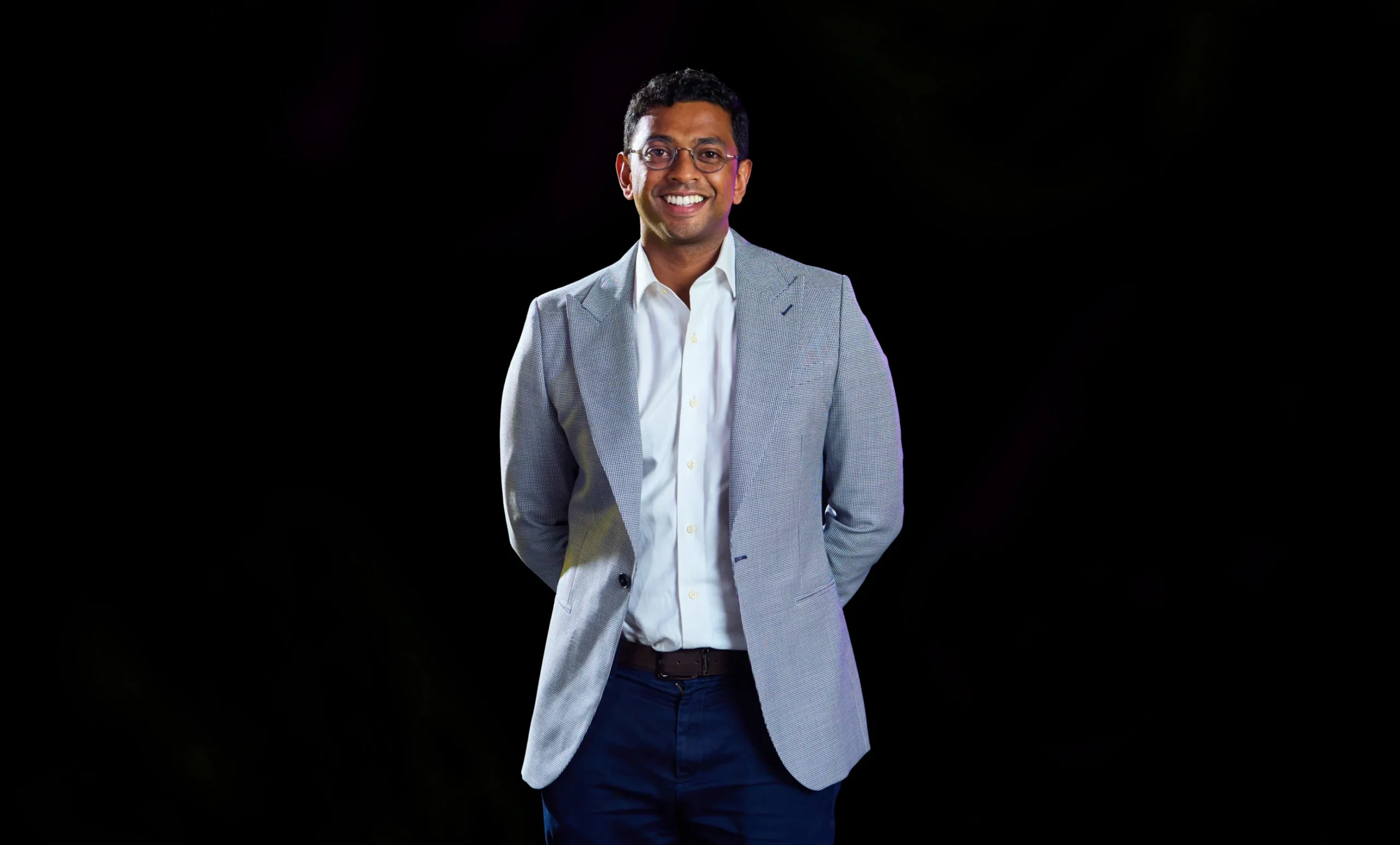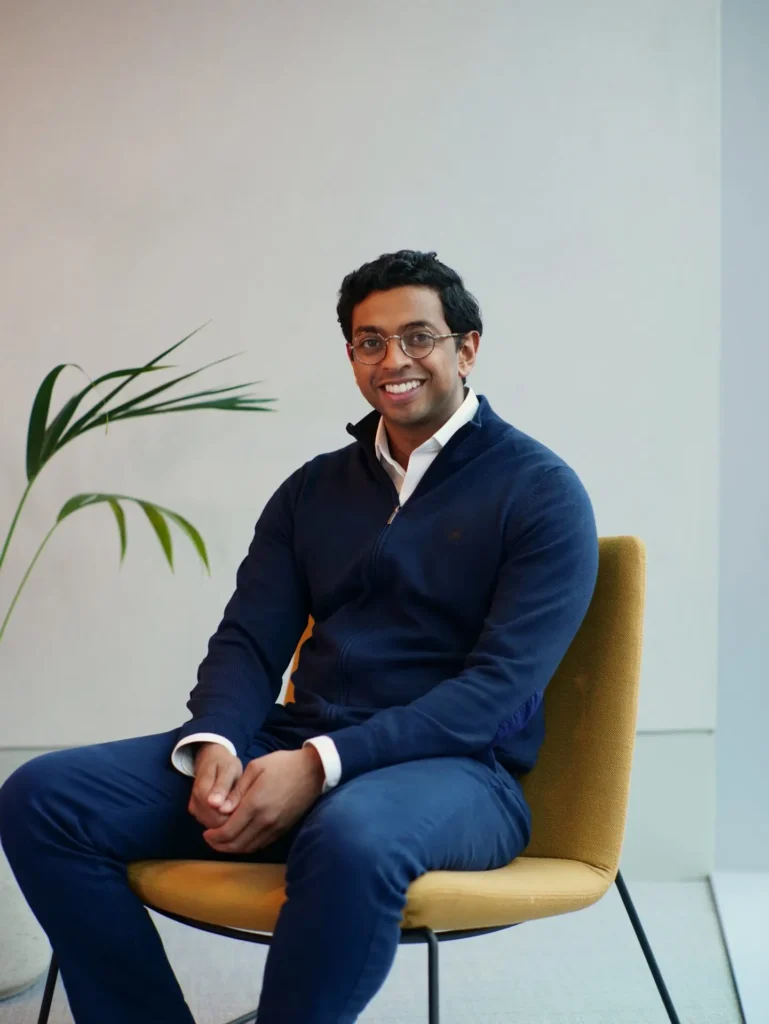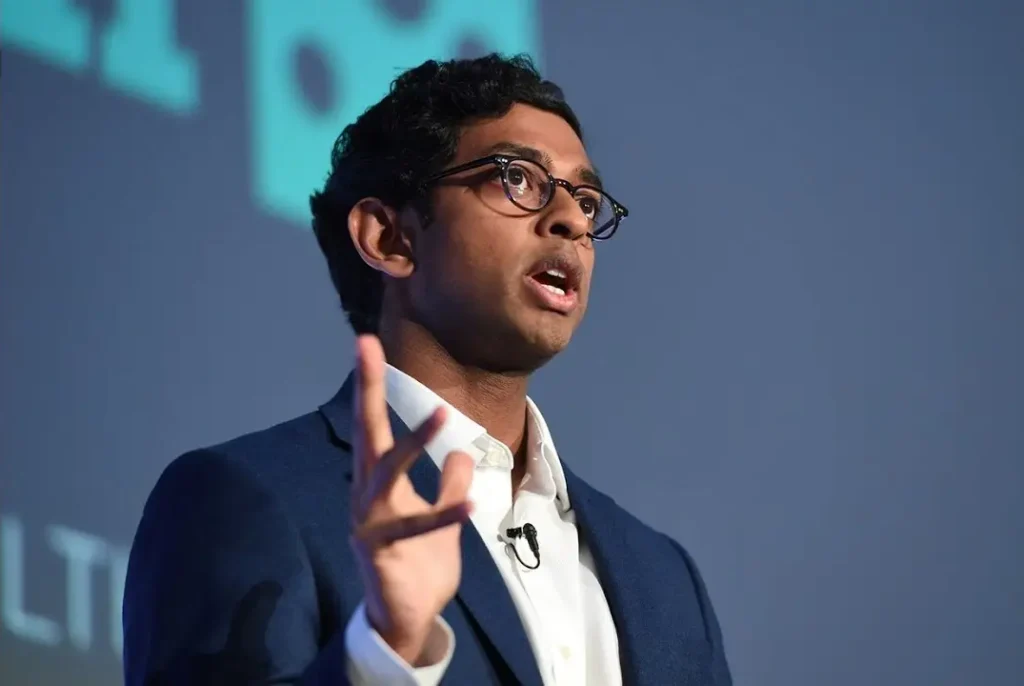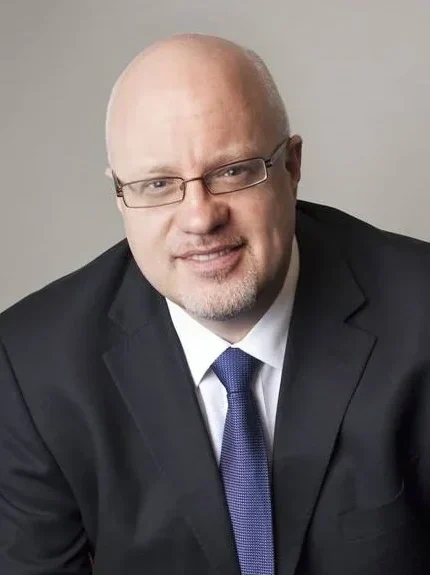Ben Maruthappu
The Doctor Transforming Health Care Through Technology
By Peter Davis

Ben Maruthappu is a British physician, entrepreneur, and one of the most prominent figures at the intersection of healthcare, technology, and social care. Over the last decade, he has moved from traditional medical training into founding and leading a major health technology organisation, advising government and health systems, and helping shape how care is delivered in the UK and beyond. His story offers a powerful example of how clinicians can leverage digital tools and systemic insight to transform health delivery.
Maruthappu was born in London in 1988 to Sri Lankan Tamil parents. He studied medicine at the highest levels, earning a Triple First Class degree in pre-clinical medicine at the University of Cambridge, then completing his clinical training at the University of Oxford. He also went on to be a Kennedy Scholar in Global Health at Harvard University, engaging in research at the Center for Surgery and Public Health. In the early part of his medical career, he worked in hospital settings, practising as a physician and training in public health. Through these roles, he started to develop a deep interest in how health systems could be improved, especially via innovation, efficiency, and prevention rather than purely reactive care.
Even while still relatively junior, Maruthappu’s ambition took him beyond the wards. In 2014, he was appointed as a Senior Fellow to the CEO of NHS England, advising on innovation, technology, and prevention. The following year, he co-founded the NHS Innovation Accelerator, a programme designed to spread and scale new healthcare technologies across the NHS. These roles gave him a strong grounding in both medical practice and the policy and system side of health care.
Maruthappu’s most visible venture is Cera, a UK-based health technology and home-care company where he serves as Founder and CEO. Under his leadership, Cera has grown from a modest start-up to a major player in home-based care and technology-enabled health services. The origin of Cera was deeply personal, when his mother sustained a serious fall and the home-care arrangements were difficult to coordinate, Maruthappu and his sister experienced first-hand the gaps in social care and home health delivery. That experience spurred the idea of a digital platform to match people needing care with professional carers, with real-time tracking and data-driven support.
Over time, Cera has scaled dramatically, delivering millions of home visits per month, serving large parts of the UK’s social care and health ecosystems, and using technology and AI to tackle issues such as hospital admission prevention, falls prevention, and early warning of risks in the home setting. The model is emblematic of the shift from hospital-centric care toward community and home-based care with strong digital tools.

Maruthappu’s leadership at Cera has resulted in measurable outcomes. The company has reduced hospitalisations for its users, generated large savings for health systems, and helped address workforce shortages in home care by recruiting and training new carers. Beyond the provider angle, Maruthappu has been influential in shaping how health technology and social care innovation is thought about, showing how data, AI, and digital platforms can enable preventive care, how social care can be professionalised and scaled, and how health systems can partner with private innovation to deliver public benefit.
Maruthappu also holds or has held numerous advisory, board, and thought leadership roles. He has served on boards of major NHS organisations covering large populations, and he is an advisor to major consulting firms and global entities, regularly contributing to discussions around health policy, innovation, and the future of care. He has received widespread recognition for his work, including being appointed Member of the Order of the British Empire for services to health and social care technology. He has been named overall winner of the UK’s EY Entrepreneur of the Year Award and Great British Entrepreneur of the Year, appeared on Forbes’ 30 Under 30 in Healthcare, and is listed in the Sunday Times Rich List for under-40s.

Maruthappu’s story is significant because it bridges medicine and business, demonstrating how a practising doctor can become a technology entrepreneur and system innovator. He addresses the burden of ageing populations and social care by shifting care into people’s homes and using technology to make that care smarter. His approach embraces preventive and data-driven care, enabling early detection of risk, falls, and deterioration, potentially reducing higher-cost acute episodes. Under his leadership, Cera has launched programmes to recruit, train, and deploy large numbers of carers, providing employment opportunities and elevating the status of care work.
Through his advisory roles and policy work, Maruthappu contributes not just to one company but to how health systems evolve, influencing how innovation is adopted, how regulation should adapt, and how technology and health delivery intersect. Of course, the work is complex and ongoing. Scaling while maintaining quality, navigating fragmented regulatory and funding environments, ensuring technology adoption and workforce engagement, staying ahead of competition, and adapting globally are all ongoing challenges.
Maruthappu has already built solid momentum, and the next phases could involve continued growth of Cera’s reach, further international expansion, broader ecosystem leadership, advocacy and thought leadership, and demonstrating impact through improved health outcomes, cost savings, and quality of life improvements.
Ben Maruthappu represents a new kind of health leader, medically trained, technologically fluent, system-wise, socially driven, and entrepreneurially bold. He has moved beyond treating patients to re-imagining how care is delivered, where it’s delivered, who delivers it, and how data drives it. His path from doctor to founder to system innovator is both inspiring and instructive, especially in a sector where transformation is desperately needed. In the coming years, his ability to scale, maintain impact, adapt, and lead in complex health environments will test how sustainable this model can be, and whether it can replicate in other countries. One thing is clear, Maruthappu is one of the health technology leaders to watch, someone who may help define the future of care for older populations, home-based services, and digitally enabled health systems.


